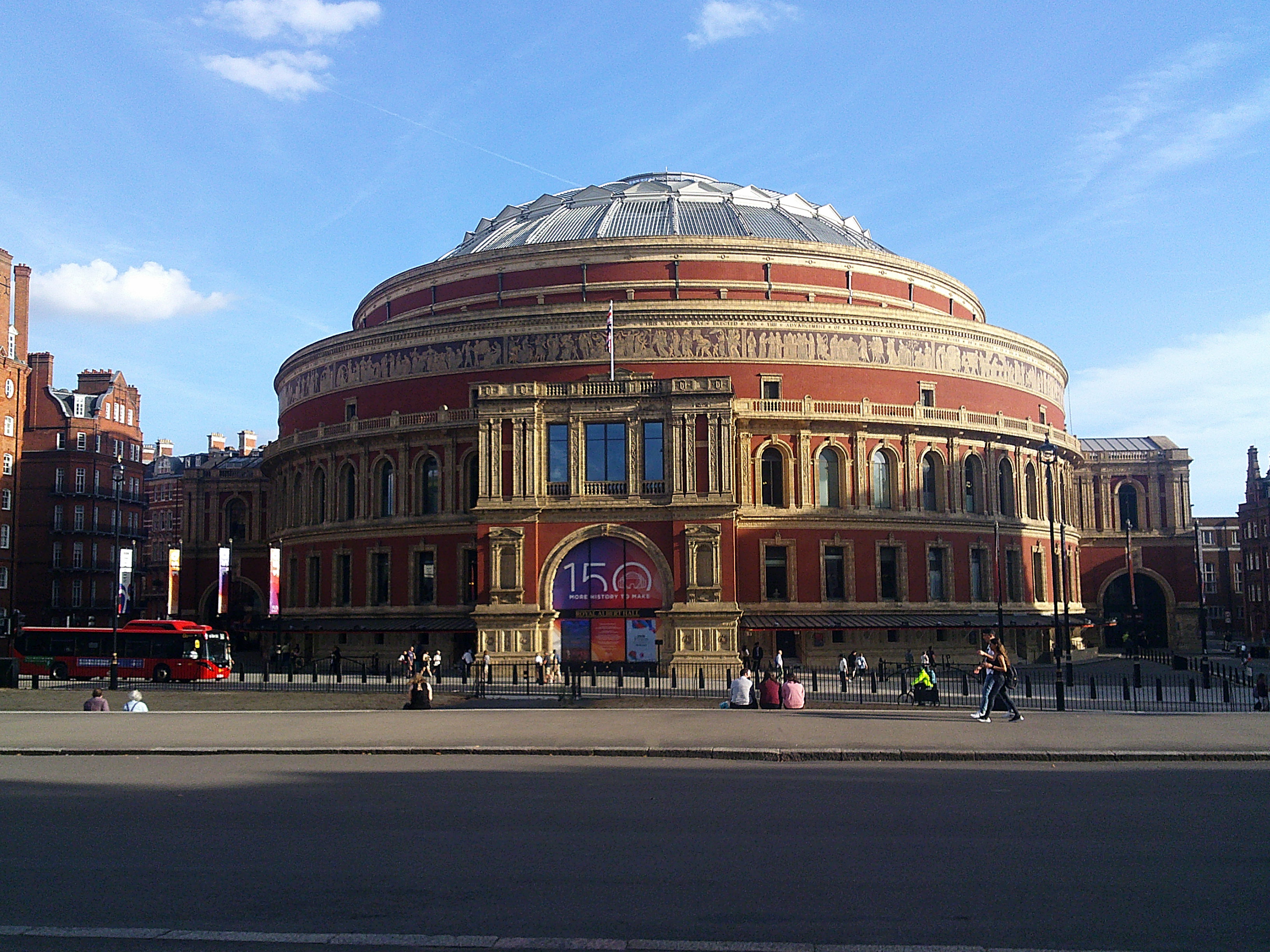A warm evening and a near-capacity Albert Hall set the stage for Sir John Eliot Gardiner and two of his ensembles, the Orchestre Révolutionaire et Romantique and Monteverdi Choir, joined by a quartet of internationally renowned solists for this performance of Beethoven’s Missa Solemnis.
The work, into which Beethoven channelled his own faith, following extensive research into previous masses written by composers from the pre-Baroque period through to Haydn, remains to this day an exceptionally challenging work for all performers.
The large string sections were offset by wind and brass of authentic to the early nineteenth century, giving the orchestra its unique sound. Rather than being placed in a line across the front the soloists were placed behind the orchestra to the right of the choir, giving them a position as another section of an overall whole.
Despite an unfortunately nervy start in the first couple of phrases (the opening chord was far from together) by the time the choir entered with the opening dotted rhythm ‘Kyrie’ – written on an awkward third beat of the bar – things had settled. The choir’s excellent, clear diction was audiable throughout and the dovetailing between the entries for orchestra, choir and soloists was beautiful.
The contrast between the pianissimo ending of the Kyrie and the fortissimo opening of the Gloria could not have been more marked, a full acclamation that gave real impetus to the opening phrase as it was passed from altos to tenors, basses then sopranos, leading to joyous rhythmic unison. The interjections from the soloists, both individually and when singing together, were a delight, finding just the right balance of floating over the timbres below and blending with them as required. Particularly sensitive work from Lucy Crowe who never came close to smothering the sound, something other sopranos I’ve heard have been inclined to do. The long dominant pedal section leading into the final Amen was taken at the fearsomely quick tempo for which John Eliot Gardiner is renowned – thrilling, to the very end of the movement.
Following the Credo and Sanctus performed in much the same manner: dizzyingly fast in places, with dynamic markings observed at times almost to extremes – came the lyrical, reflective opening of the Sanctus and calm peace of the Benedictus with its violin solo played with grace and feeling by orchestra leader Peter Hanson.
The distant sound of war drums in the closing Agnus Dei reminded me of Beethoven’s troubled relationship with opera and the theatre. At this performance we perhaps came closer to blurring the line between the secular and sacred as I have ever heard in this piece – and it was an absolute pleasure to do so.
Lucas Elkin

